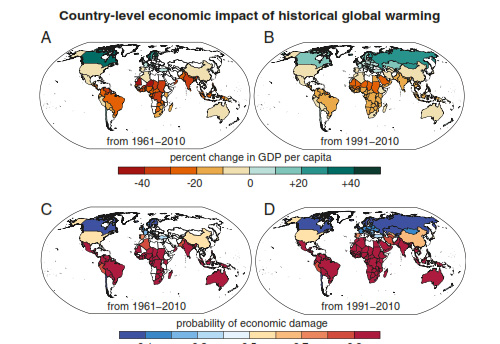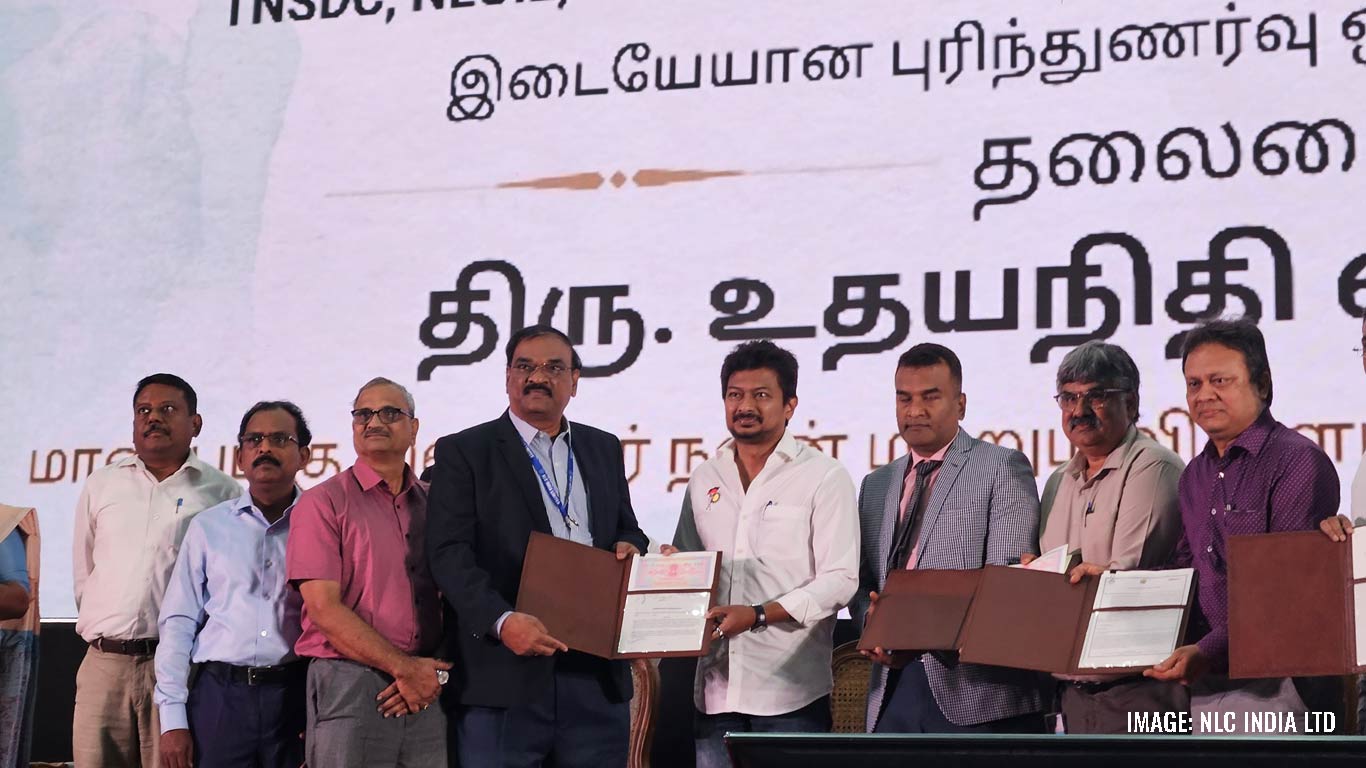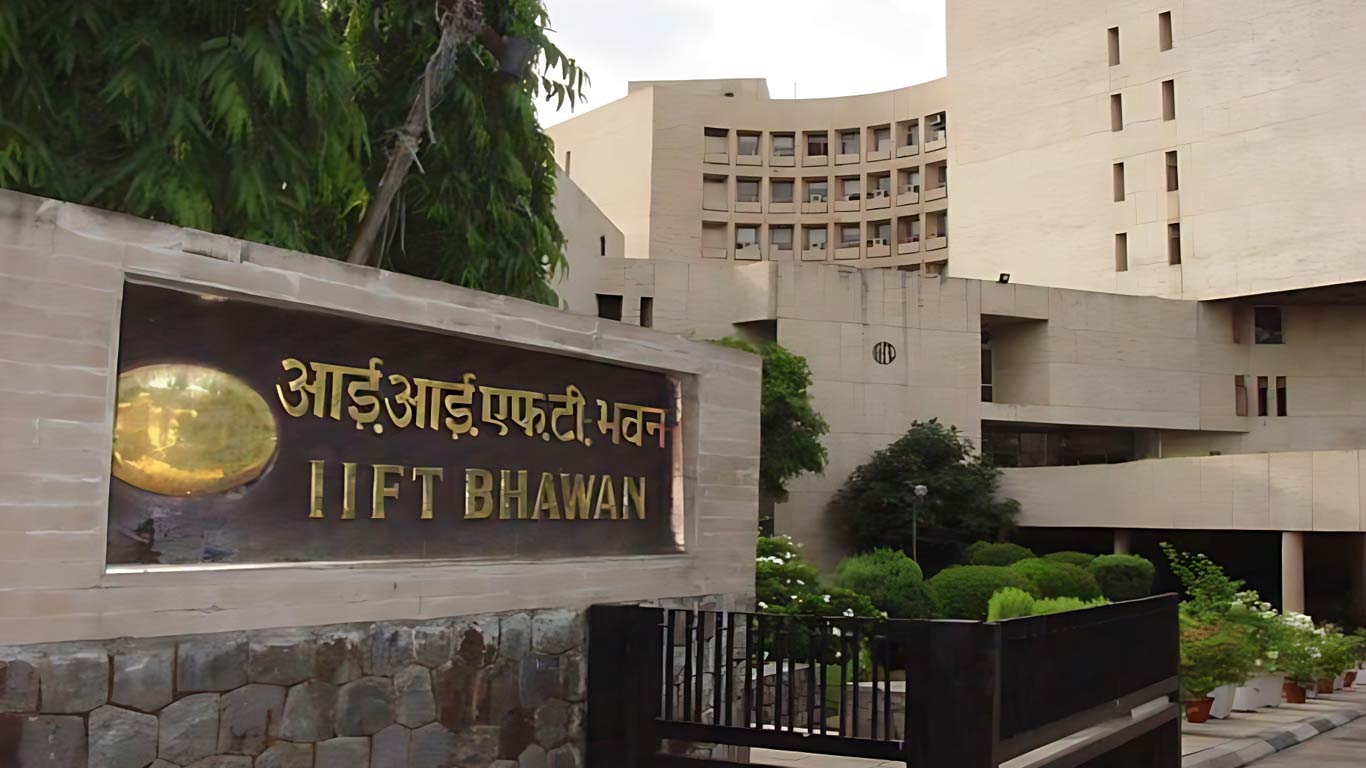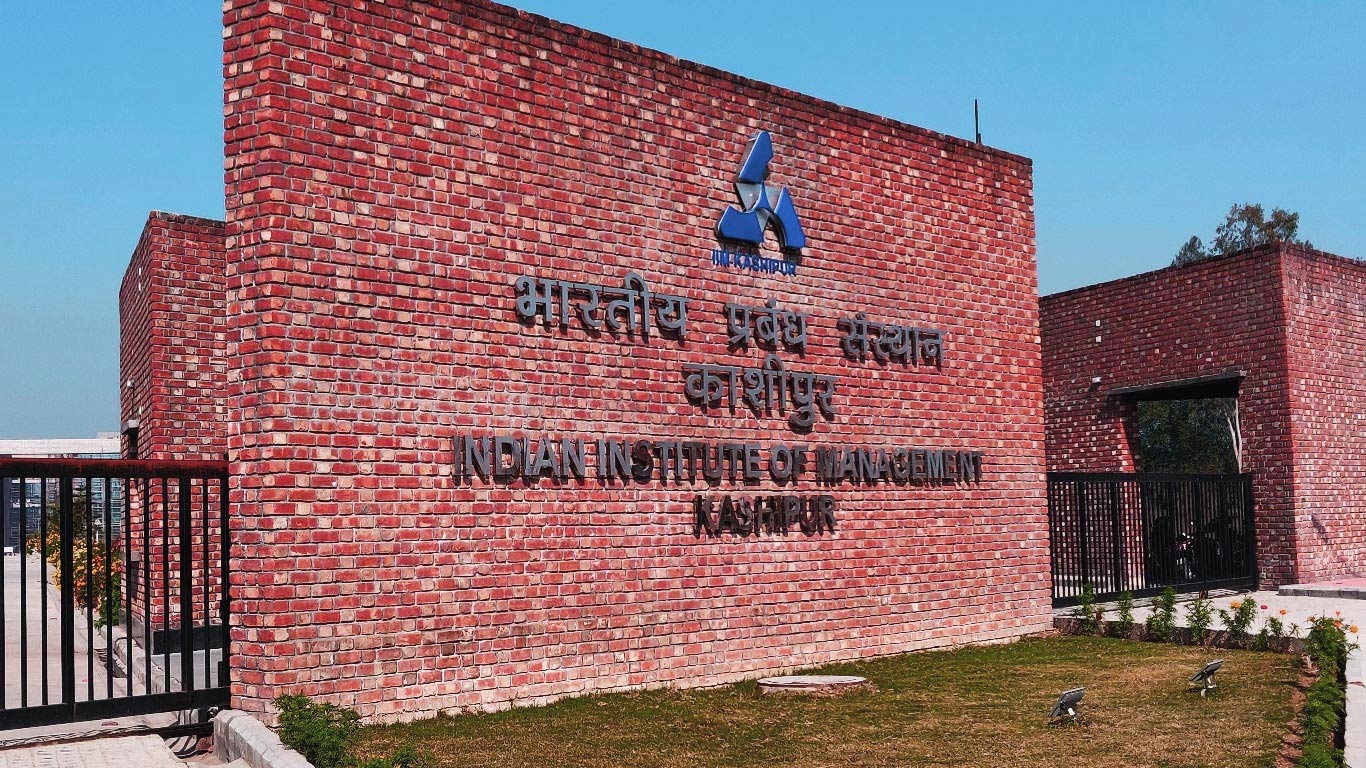Growing concentration of greenhouse gases drags down economic growth of warm countries like India: Study
Updated: Apr 23, 2019 10:53:28am

Growing concentration of greenhouse gases drags down economic growth of warm countries like India: Study
Boston, Apr 23 (KNN) Temperature changes caused by growing concentrations of greenhouse gases in Earth’s atmosphere drags down economic growth in warm countries such as India and Nigeria, according to a Stanford study which shows how Earth's temperature changes have increased inequalities
According to the study, global warming moves the warm country such as India, mean temperature further from the optimum resulting in cumulative losses. Whereas, the study claims that for cooler countries such as Norway, warming moves the country-mean temperature closer to the empirical optimum resulting in cumulative economic benefits.
A new Stanford University study shows that global warming has increased economic inequality since the 1960s.Temperature changes caused by growing concentrations of greenhouse gases in Earth’s atmosphere have enriched cool countries like Norway and Sweden, while dragging down economic growth in warm countries such as India and Nigeria.
Global warming has caused the Indian economy to be 31 per cent smaller than it would otherwise have been, the study revealed.
The increase in inequality between countries has resulted primarily from warming-induced penalties in poor countries, along with warming-induced benefits in some rich countries.
“Our results show that most of the poorest countries on Earth are considerably poorer than they would have been without global warming,” said climate scientist Noah Diffenbaugh, lead author of the study.
The study, co-authored with Marshall Burke, a Stanford assistant professor of Earth system science, finds that, from 1961 to 2010, global warming decreased the wealth per person in the world’s poorest countries by 17 to 30 percent.
To view full study, click: https://www.pnas.org/content/pnas/early/2019/04/16/1816020116.full.pdf











